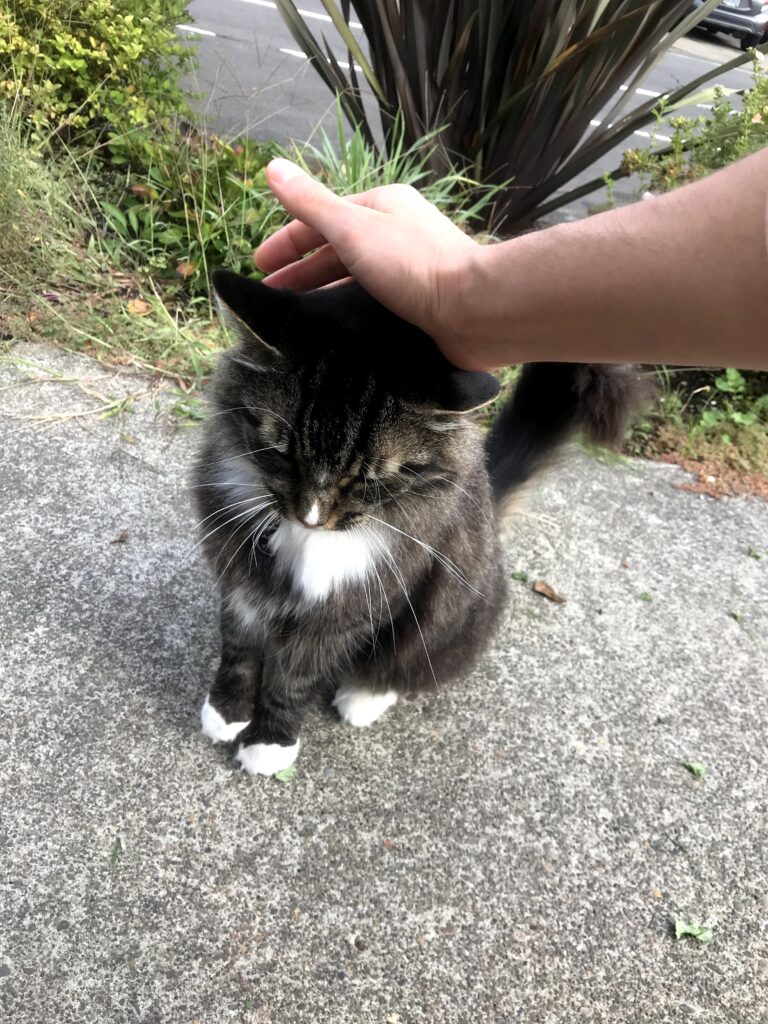I read an article from Inside Higher Ed about how the rates of women’s journal submissions are falling. The article states that since the coronavirus stay-at-home orders have been implemented, women having been submitting less articles to journals. The article states that a main reason for this caregiving.
“Female academics’ research productivity dropped off at the beginning of the COVID-19 outbreak, which many experts have attributed to women’s outsize role in caregiving even before the pandemic. Some also blame women’s disproportionate service roles and take-up of emotional labor.”
In this same article, a research consultant Kate Power, says the following:
“There is a saying working mothers have: ‘You have to work like you don’t have children and parent like you don’t have a job.’ And that was before COVID-19.”
Although I am not a parent, I already understand too well that women are asked to do more.
Women often take on more unofficial roles, and this is not just in the home — but also in the workplace — including the academic workplace.
To help bring the point home, I want to share examples of tasks I was assigned while working at previous jobs in academia that fell outside of my job description.
- making coffee
- loading or emptying the dishwasher
- grabbing lunch
- decorating the office
- buying cake, holiday/birthday cards, gift cards
- driving someone somewhere
- booking a flight for the significant other of an employee
- cleaning out an office or cubicle
I believe there is a possible intersection between identifying as a woman, other’s perception of a woman’s young age, and her identifying/being perceived as a person of color.








